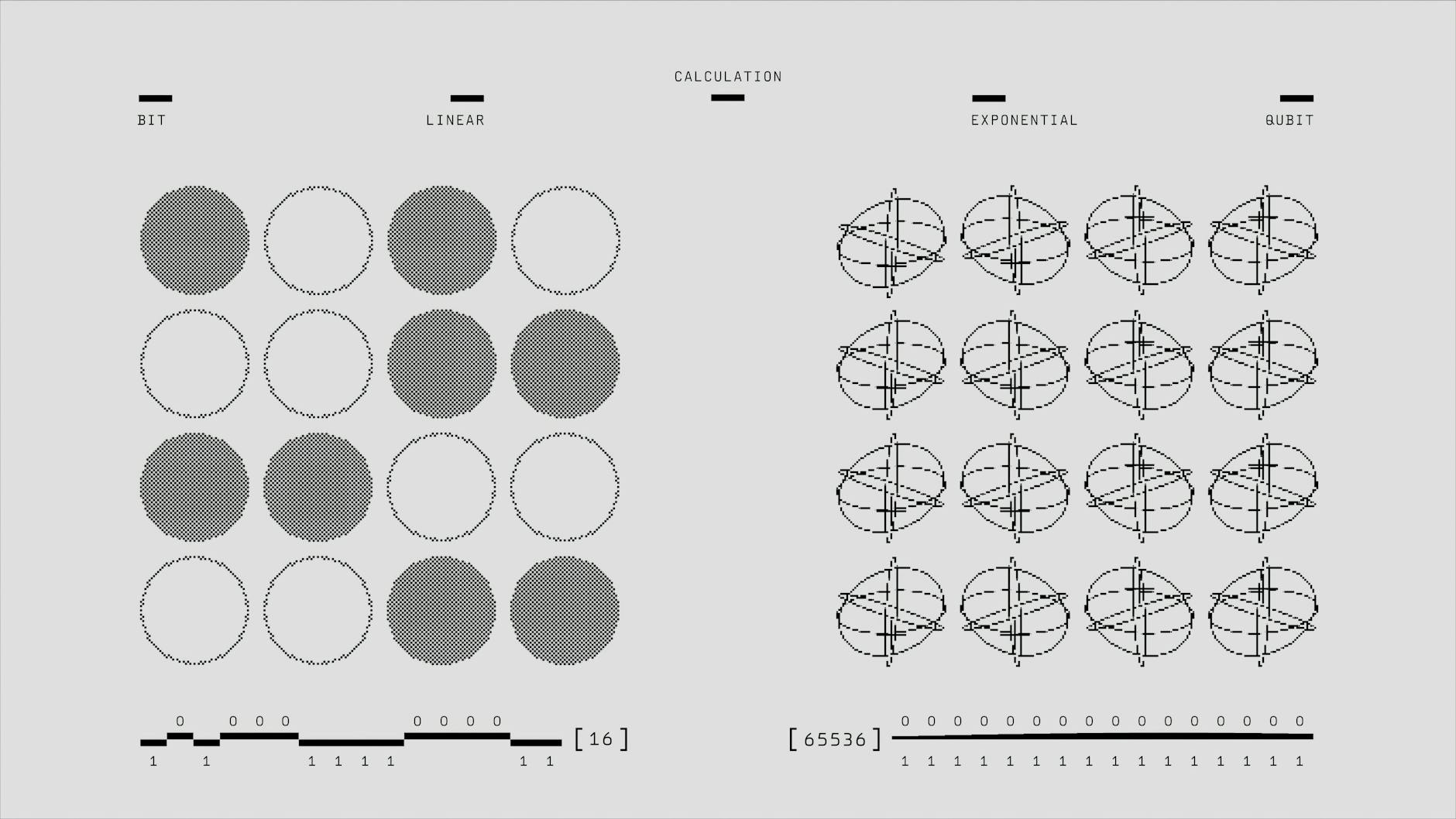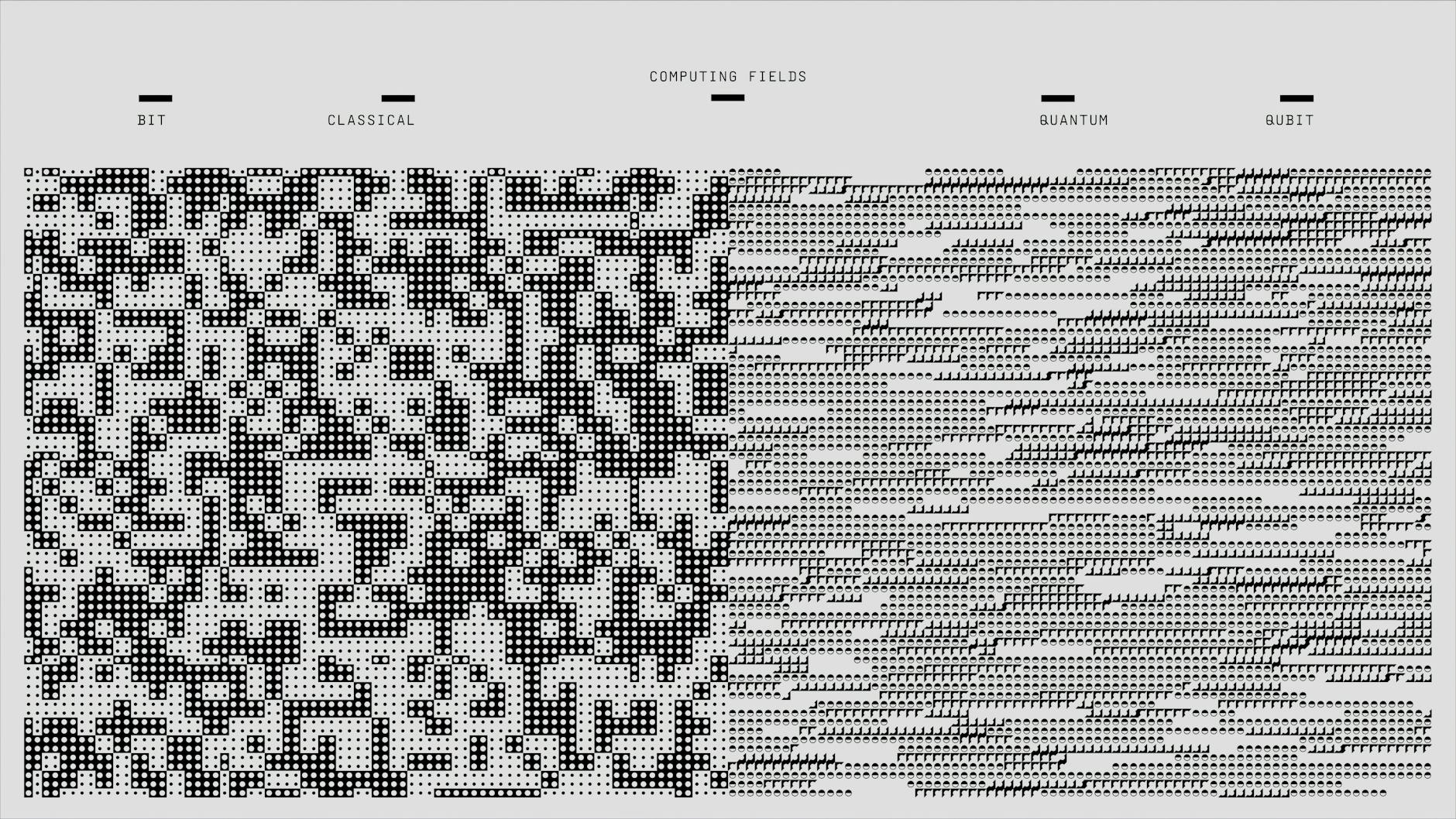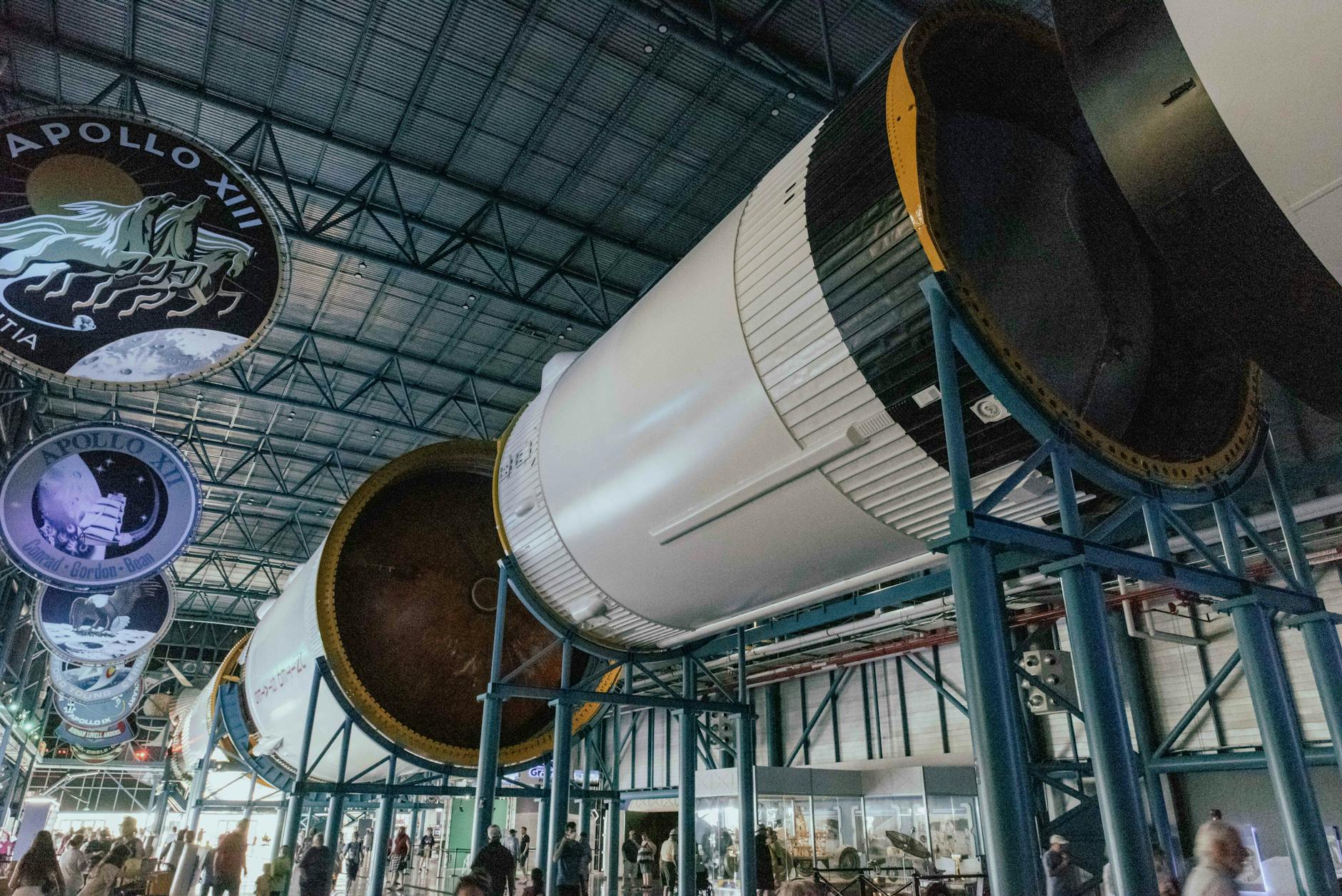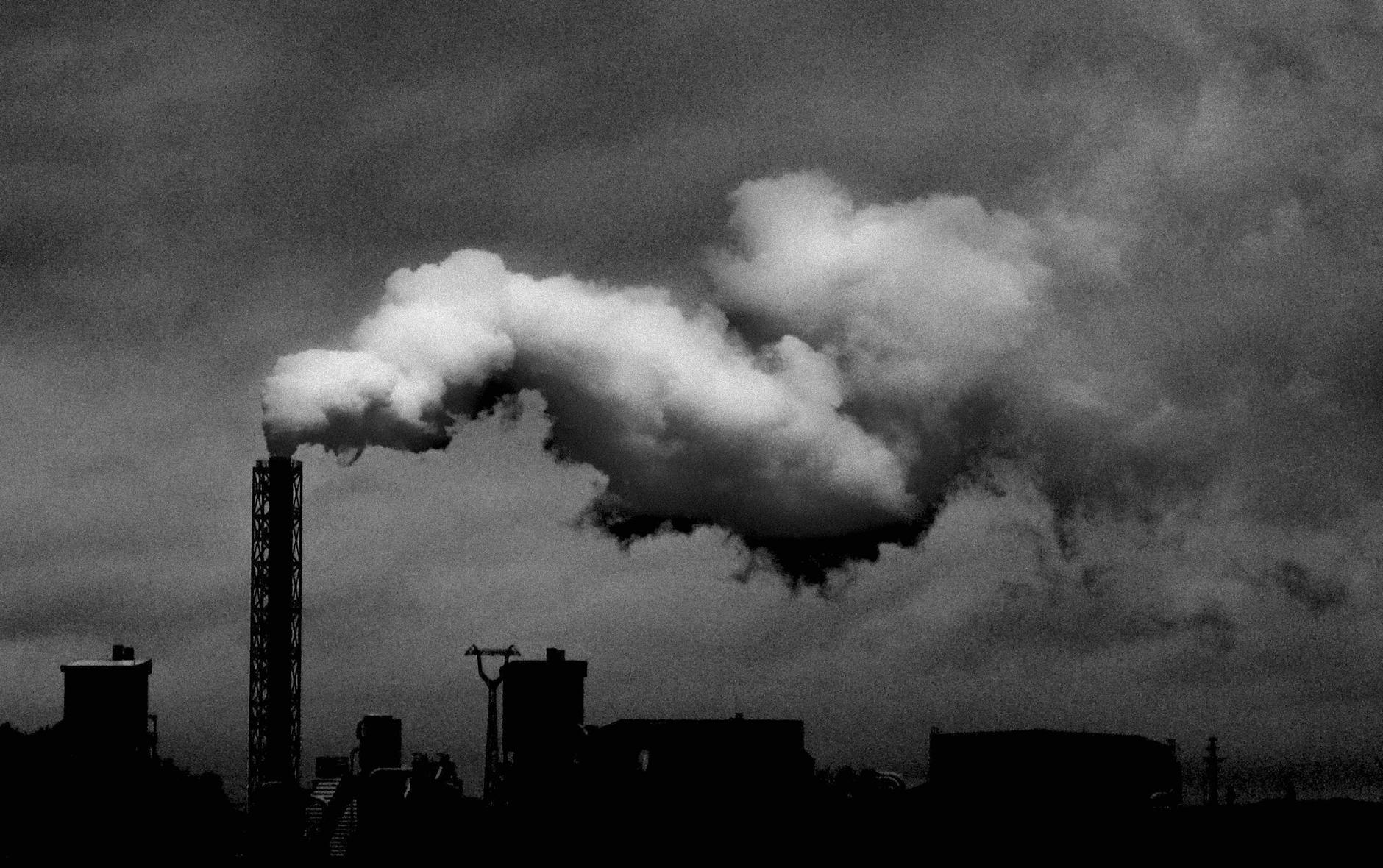Ukraine’s President Zelenskyy Signals Desire for U.S. Support Amidst Stalled Diplomatic Efforts with Russia
Kyiv Eyes Washington’s Response to Potential Russian Stalemate on Bilateral Talks
A Brief Introduction On The Subject Matter That Is Relevant And Engaging
Ukrainian President Volodymyr Zelenskyy has articulated a clear expectation for a robust response from the United States should Russian President Vladimir Putin remain unwilling to engage in direct bilateral discussions with Kyiv. This statement underscores Ukraine’s ongoing strategic reliance on international backing, particularly from its key Western allies, as it navigates the complex and volatile diplomatic landscape shaped by the protracted conflict with Russia. Zelenskyy’s remarks highlight a desire for continued and forceful diplomatic pressure on Moscow, suggesting that a lack of engagement from the Kremlin would necessitate a significant and visible reaction from key international partners.
Background and Context To Help The Reader Understand What It Means For Who Is Affected
The relationship between Ukraine and Russia has been fraught with tension and open conflict since 2014, escalating dramatically with Russia’s full-scale invasion in February 2022. Despite numerous international efforts and mediation attempts, direct, substantive dialogue between President Zelenskyy and President Putin has been largely absent. Ukraine has consistently sought a path toward a peaceful resolution that respects its sovereignty and territorial integrity, often emphasizing the need for direct engagement with Russian leadership to achieve this. The United States, as a leading supporter of Ukraine, plays a crucial role in shaping the international diplomatic response to the conflict. Zelenskyy’s call for a “strong reaction” from the U.S. indicates a belief that American diplomatic leverage is vital in compelling Russia to negotiate in good faith. This situation directly affects Ukraine’s population, who bear the brunt of the ongoing conflict, as well as the broader geopolitical stability of Eastern Europe. It also impacts the United States and its allies, who are invested in upholding international law and providing security assistance to Ukraine.
In Depth Analysis Of The Broader Implications And Impact
President Zelenskyy’s statement carries significant implications for the ongoing diplomatic efforts and the broader international stance towards Russia. By publicly expressing his desire for a “strong reaction” from the U.S. if Putin declines a bilateral meeting, Zelenskyy is signaling several key points. Firstly, he is attempting to solidify and perhaps increase the pressure on both Russia and its international partners. This could be interpreted as an effort to ensure that the diplomatic channels, even if currently unproductive, remain a focus of international attention and that any perceived unwillingness to engage by Russia is met with a unified and firm response.
Secondly, the request suggests a strategic calculation on Ukraine’s part. If direct talks are perceived as stalled or unlikely due to Russia’s intransigence, Ukraine may believe that a stronger diplomatic or economic response from its allies could either create conditions more favorable for negotiation or signal continued, unwavering support for Ukraine’s position. This could manifest in various forms, such as further sanctions, increased military aid, or more concerted diplomatic isolation of Russia.
The reliance on a “strong reaction” from the U.S. also highlights Ukraine’s strategic dependence on its key allies. It underscores the understanding that meaningful progress in such high-stakes diplomatic endeavors often requires the concerted effort and influence of major global powers. The potential impact of such a reaction could be far-reaching, influencing not only the immediate trajectory of the conflict but also the broader international order, the effectiveness of sanctions as a diplomatic tool, and the future of international diplomacy in resolving territorial disputes and armed conflicts.
Furthermore, the framing of the issue around a bilateral meeting, even if it were to occur, necessitates careful consideration of what such a meeting could realistically achieve. While direct dialogue is often seen as a prerequisite for de-escalation, the nature of the disagreements and the underlying causes of the conflict mean that a single meeting is unlikely to resolve fundamental issues. Therefore, Zelenskyy’s emphasis on the *reaction* to the *lack* of a meeting suggests a focus on the diplomatic signaling and pressure rather than solely on the immediate prospect of a tête-à-tête.
Key Takeaways
- Ukrainian President Volodymyr Zelenskyy desires a significant U.S. response if Russian President Vladimir Putin is unwilling to meet for bilateral talks.
- This statement reflects Ukraine’s continued reliance on international support, particularly from the United States, in its diplomatic efforts with Russia.
- The call for a “strong reaction” suggests a strategy to maintain diplomatic pressure on Moscow and signal continued Western solidarity with Ukraine.
- The effectiveness and nature of any such U.S. reaction could have broader implications for international diplomacy and the ongoing conflict.
- Ukraine’s emphasis is on the diplomatic signaling and pressure that arises from Russia’s potential refusal to engage directly.
What To Expect As A Result And Why It Matters
Following President Zelenskyy’s statement, we might expect to see increased diplomatic maneuvering and public statements from both Ukraine and its allies, particularly the United States. The U.S. administration will likely be evaluating the best course of action, balancing the desire to support Ukraine with the complexities of engaging with Russia. This could involve private diplomatic communications with Moscow, public statements urging Russia to engage in dialogue, or potentially adjustments to existing sanctions regimes or aid packages.
The reason this matters is multifaceted. Firstly, it pertains to the ongoing human cost of the conflict. Any diplomatic progress, or lack thereof, directly impacts the lives of millions of Ukrainians. Secondly, it concerns the broader principles of international law and sovereignty, which are being tested in this conflict. The international community’s response shapes the precedent for how such disputes are handled in the future. Thirdly, it has implications for global stability and the relationships between major world powers. A strong and unified reaction from allies could bolster Ukraine’s position and potentially create conditions for de-escalation, while a weaker response might embolden further aggressive actions or prolong the stalemate. The way in which the U.S. and its allies respond will also be a signal to other nations about the consequences of violating international norms.
Advice and Alerts
Citizens and observers interested in the geopolitical implications of this situation should remain vigilant for official statements from the White House, the U.S. State Department, and the Ukrainian Ministry of Foreign Affairs. It is advisable to consult multiple, reputable news sources that provide balanced reporting and factual analysis, rather than relying on sensationalized or emotionally charged narratives. Understanding the historical context and the stated positions of all parties involved is crucial for forming an informed perspective. Be aware that diplomatic language can be nuanced, and public statements often serve strategic communication purposes. Monitoring the impact of potential diplomatic responses, such as further sanctions or aid, on the ground in Ukraine and on the broader international economic and political landscape will be important indicators of the effectiveness of these measures.
Annotations Featuring Links To Various Official References Regarding The Information Provided
- Official Statements from the Ukrainian President’s Office: For direct statements and official positions from President Zelenskyy’s administration, the official website of the Office of the President of Ukraine is the primary source. [Office of the President of Ukraine]
- U.S. Department of State: For the U.S. government’s perspective on diplomatic efforts and its relationship with Ukraine, consult the U.S. Department of State’s press releases and official statements. [U.S. Department of State]
- White House Briefings: Transcripts and videos of White House press briefings can provide insights into the U.S. administration’s stance and responses to international events. [White House Briefing Room]
- NATO Official Statements: As a key international alliance supporting Ukraine, NATO’s official communications often reflect the collective stance of member nations. [NATO Official Texts]
- United Nations (UN) Information: For a broader international perspective and information on UN-led diplomatic initiatives, the United Nations website is a valuable resource. [United Nations]


























